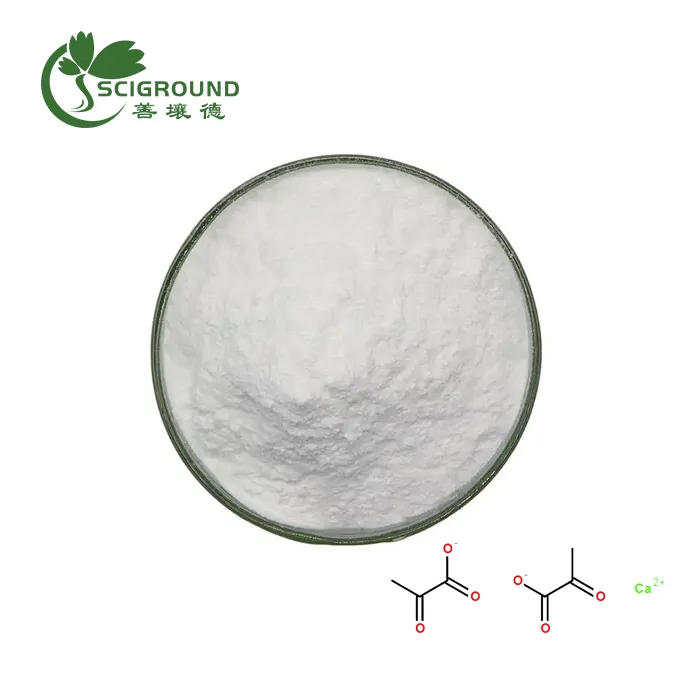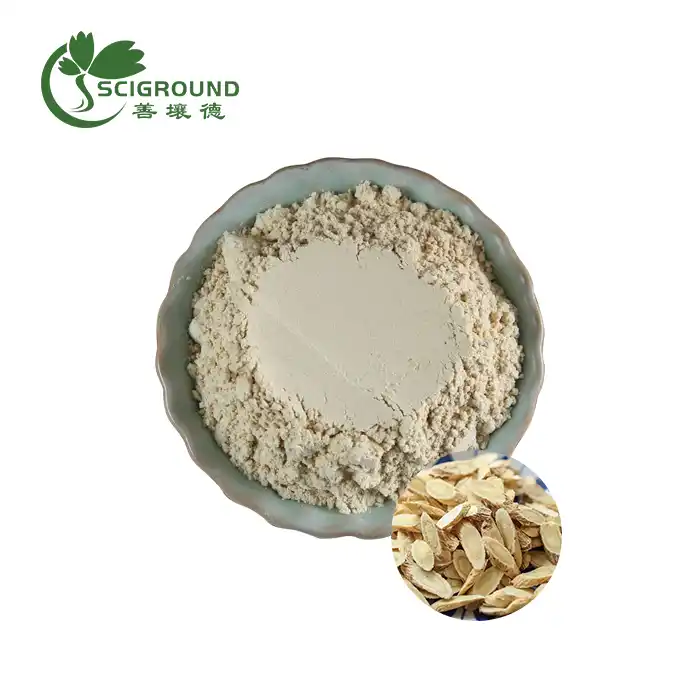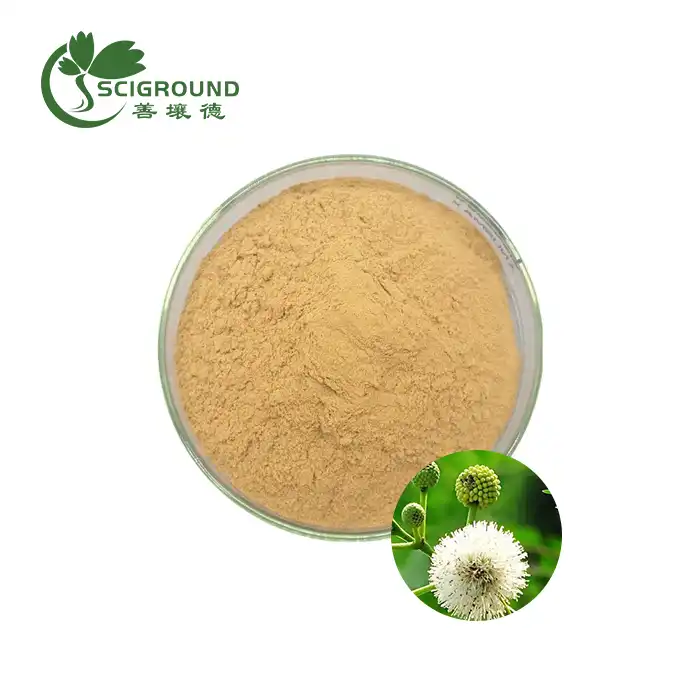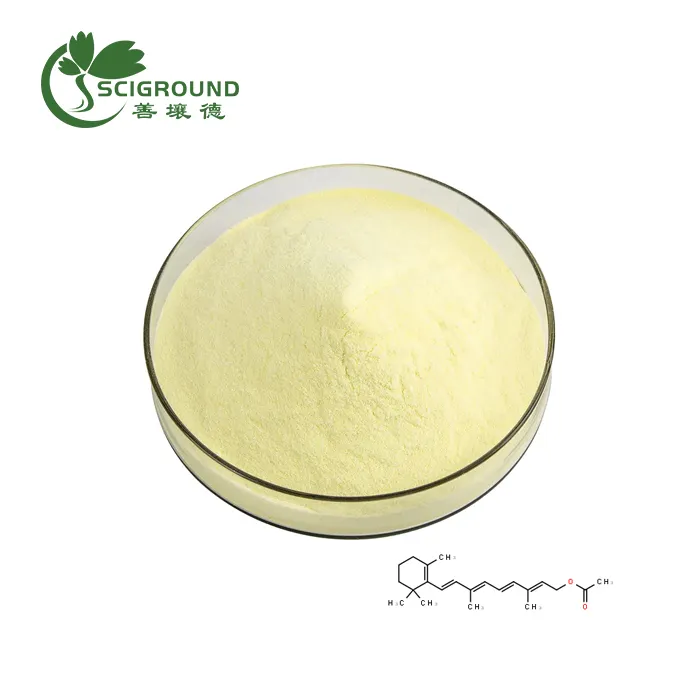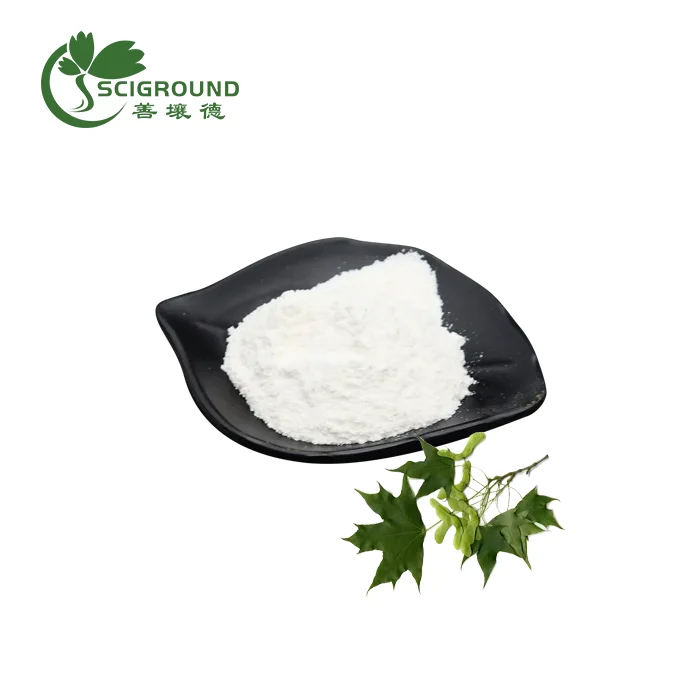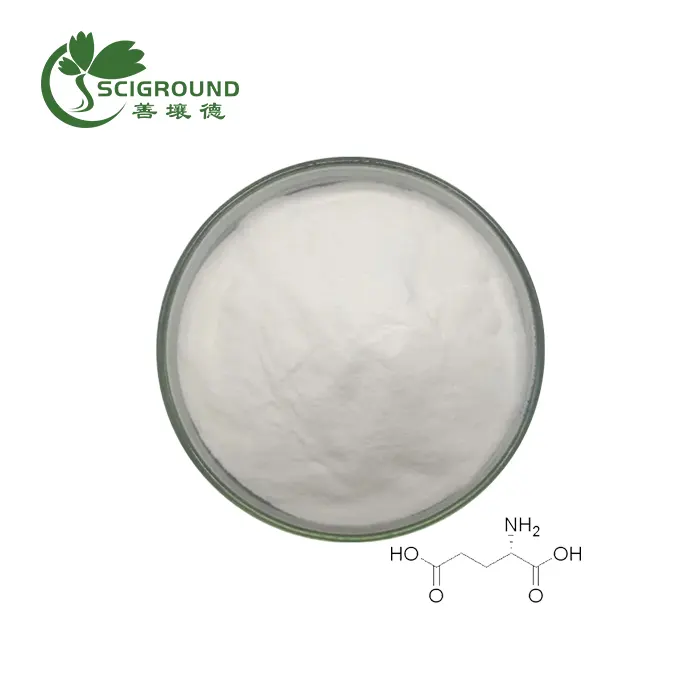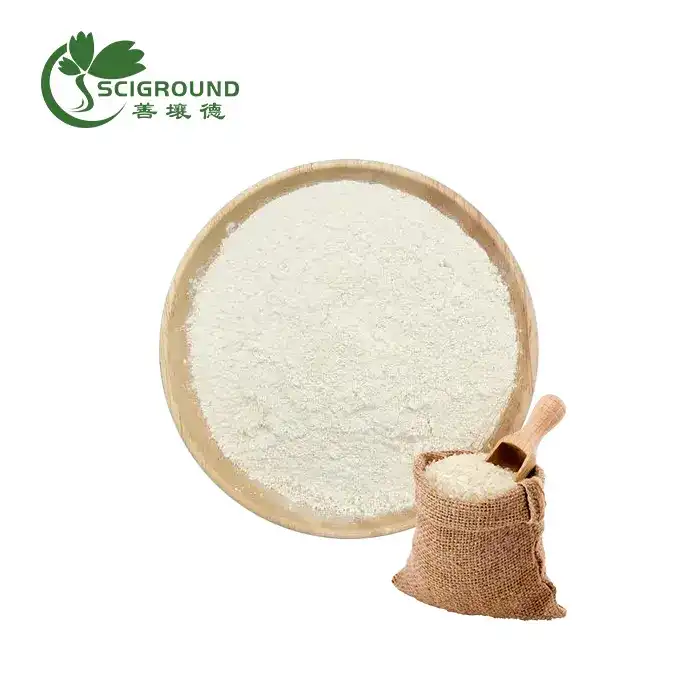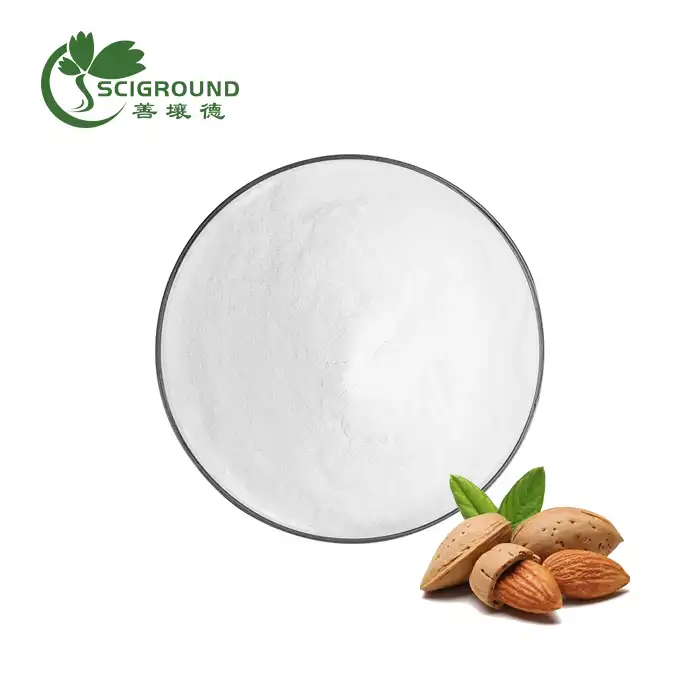How much vitamin b6 for luteal phase defect
What is Luteal Phase Defect?
A luteal phase defect (LPD) refers to a shortening or insufficient progesterone production in the luteal phase of a woman’s menstrual cycle. The luteal phase begins after ovulation and lasts until the next period starts. During this phase, the corpus luteum secretes progesterone to thicken the uterine lining for potential implantation. With LPD, the luteal phase and progesterone levels are inadequate.
Common signs and symptoms of a luteal phase defect include:
Short luteal phase less than 10 days
Premenstrual spotting
Fertility issues and recurrent miscarriages
Abnormal menstrual cycles
Severe PMS symptoms like fatigue, depression, and irritability
Low basal body temperature in luteal phase
LPD is often caused by issues with ovulation, abnormal follicular development, problems with the corpus luteum, pituitary dysfunction, thyroid disorders, and stress. Low progesterone under 12 ng/ml indicates luteal phase insufficiency.

The Role of Vitamin B6
Vitamin B6 powder plays an integral role in female reproductive health and hormone regulation. It is involved in many aspects of progesterone production and activity:
Acts as a cofactor in progesterone synthesis from cholesterol.
Helps stimulate corpus luteum development and function after ovulation.
Regulates progesterone receptor expression and binding affinity.
Corrects deficiencies in progesterone levels during luteal phase.
Lengthens luteal phase by improving progesterone output.
Lowers prolactin which can interfere with progesterone secretion.
Reduces estrogen dominance by supporting liver detoxification.
Normalizes hormonal imbalances that cause luteal phase defects.
Getting sufficient vitamin B6 ensures optimal progesterone levels and actions needed for fertility, menstrual cycle regulation, and overall women’s health.

Benefits of Vitamin B6 for Luteal Phase Defect
Research shows vitamin B6 supplementation provides many benefits for improving luteal phase defects:
Increases progesterone production and elevates serum progesterone levels.
Lengthens the luteal phase closer to normal 14 day duration.
Thickens the endometrial lining which improves implantation.
Regulates menstrual cycle disorders associated with low progesterone.
Reduces premenstrual symptoms like bloating, anxiety, and breast tenderness.
Decreases breakthrough bleeding and spotting before periods.
Lowers risk of infertility and recurrent miscarriages related to LPD.
Improves ovulation by enhancing corpus luteum function after ovulation occurs.
Restores fertility in women with history of luteal phase defects.
Prevents mood swings, depression, and other symptoms of PMS related to LPD.
Studies confirm vitamin B6 effectively corrects luteal phase insufficiency and supports healthy progesterone status.
How Much B6 Should I Take for Fertility?
Studies investigating the use of vitamin B6 for fertility have utilized doses between 50-200 mg per day with the most common dosage being:
100 mg of vitamin B6 taken daily
When combined with other fertility enhancing supplements, vitamin B6 dosage may be adjusted to:
50 mg of B6 taken twice per day
100 mg of B6 taken once per day
To improve luteal phase defect, it’s recommended to take vitamin B6 supplements after ovulation up until menstruation starts. Testing your progesterone levels can help determine the optimal vitamin B6 dosage.
Always consult a doctor before taking any supplements for fertility. Follow up with progesterone testing after 3 months to assess your individual response and adjust B6 intake accordingly.
Does Vitamin B6 Help with Luteal Phase?
Yes, research clearly demonstrates vitamin B6 powder helps improve luteal phase defects in several ways:
Increases progesterone synthesis by the corpus luteum after ovulation occurs. This lengthens and optimizes the luteal phase.
Corrects insufficient post-ovulatory progesterone levels that characterize luteal phase defects.
Extends the luteal phase closer to the normal 14 days to allow adequate time for implantation.
Thickens the uterine lining by elevating progesterone which improves conditions for implantation.
Prevents drops in basal body temperature that occur with low progesterone.
Reduces spotting and breakthrough bleeding common with short luteal phases.
Alleviates severe PMS symptoms associated with progesterone deficiency in the luteal phase.
Restores normal menstrual cycle length by correcting luteal phase insufficiency.
Multiple studies confirm vitamin B6 effectively treats luteal phase defects to support fertility and women’s reproductive health.
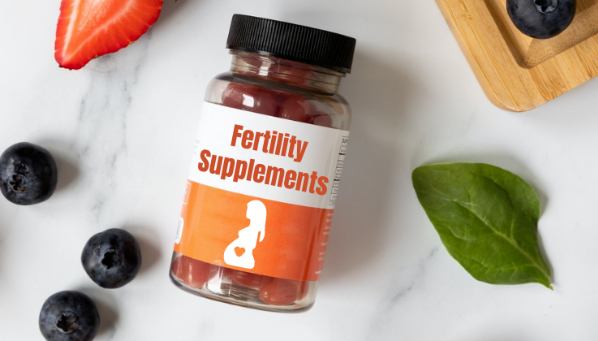
How Many Milligrams of Vitamin B6 to Prevent Infertility?
Research looking at using vitamin B6 for infertility issues like recurrent pregnancy loss have utilized varying dosage regimens:
50-100 mg per day of vitamin B6 alone
Some studies used up to 200 mg per day under medical supervision
When combined with other supplements, vitamin B6 dosages range from:
25 mg taken twice daily
50 mg taken once or twice daily
Up to 100 mg taken once a day
To optimize fertility, vitamin B6 is commonly taken after ovulation through the luteal phase up until menstruation starts.
Testing your progesterone levels can help determine if a vitamin B6 supplement is warranted and what dosage you may require. Follow up testing after 3 months monitors your individual response.
Is 100 mg of B6 Too Much for Pregnancy?
Most experts consider up to 100 mg per day of vitamin B6 to be safe during pregnancy. Some important notes:
Doses over 200 mg per day are not recommended as very high doses can potentially cause nerve damage over time.
Obtaining up to 100 mg from food sources and a standard prenatal vitamin is not a concern.
Taking a dedicated supplement with 100 mg in addition to a prenatal may be excessive for some women.
Discuss your individual risk factors and progesterone status with your doctor to determine if 100 mg vitamin B6 is appropriate for you.
Monitor for symptoms like tingling, nerve pain, loss of balance which could indicate excessive B6 levels.
Have progesterone checked after 3 months and adjust your supplement dose as needed.
While 100 mg vitamin B6 may be beneficial for certain women with luteal phase defects, aim for the lowest effective dose and don't exceed 200 mg per day during pregnancy.

Is it OK to Take 100 mg of B6 Daily?
For healthy adults, taking up to 100 mg per day of supplemental vitamin B6 is generally considered safe by most experts. However, some important precautions include:
The upper limit for adults is set at 100 mg per day for supplemental vitamin B6.
Consuming up to 100 mg daily from food sources alone is not a concern.
Taking over 200 mg per day in supplements increases the risk of sensory neuropathy over extended periods of time.
Megadoses of 1,000 mg per day of vitamin B6 can possibly lead to nerve damage.
Consult your doctor before taking high dose vitamin B6 if you have any medical conditions or take medications.
Monitor for nerve related symptoms like pain, numbness or loss of balance.
Assuming you have no underlying health issues and take no conflicting medications, a supplement dose of up to 100 mg vitamin B6 daily appears to be within safe limits for most healthy adults.
How Much Vitamin C to Lengthen Luteal Phase?
Studies looking at using vitamin C to lengthen the luteal phase and treat luteal phase defects have used the following dosage regimens:
1,000 mg per day of vitamin C
500 mg vitamin C taken twice a day
250-500 mg doses taken up to 4 times per day
The most effective protocol appears to be:
1,000 mg of vitamin C taken twice daily
It’s thought that higher doses of vitamin C help boost progesterone levels and correct luteal phase defects by:
Improving corpus luteum function after ovulation which increases progesterone synthesis.
Acting as an anti-inflammatory to prevent cytokines from interfering with progesterone production.
Providing support for the adrenal glands which supplement ovarian progesterone.
As with any supplement, have your doctor monitor your progesterone levels to determine the appropriate vitamin C dosage for your body and luteal phase concerns.
References:
Murdock, J. Natural progesterone: the multiple roles of a remarkable hormone. Sebastopol, CA: B uterine lining for potential implantation. With LPD, the luteal phase and progesterone levels are inadequate.
Common signs and symptoms of a luteal phase defect include:
Short luteal phase less than 10 days
Premenstrual spotting
Fertility issues and recurrent miscarriages
Abnormal menstrual cycles
Severe PMS symptoms like fatigue, depression, and irritability
Low basal body temperature in luteal phase
LPD is often caused by issues with ovulation, abnormal follicular development, problems with the corpus luteum, pituitary dysfunction, thyroid disorders, and stress. Low progesterone under 12 ng/ml indicates luteal phase insufficiency.
The Role of Vitamin B6
Vitamin B6 plays an integral role in female reproductive health and hormone regulation. It is involved in many aspects of progesterone production and activity:
Acts as a cofactor in progesterone synthesis from cholesterol.
Helps stimulate corpus luteum development and function after ovulation.
Regulates progesterone receptor expression and binding affinity.
Corrects deficiencies in progesterone levels during luteal phase.
Lengthens luteal phase by improving progesterone output.
Lowers prolactin which can interfere with progesterone secretion.
Reduces estrogen dominance by supporting liver detoxification.
Normalizes hormonal imbalances that cause luteal phase defects.
Getting sufficient vitamin B6 ensures optimal progesterone levels and actions needed for fertility, menstrual cycle regulation, and overall women’s health.
Benefits of Vitamin B6 for Luteal Phase Defect
Research shows vitamin B6 supplementation provides many benefits for improving luteal phase defects:
Increases progesterone production and elevates serum progesterone levels.
Lengthens the luteal phase closer to normal 14 day duration.
Thickens the endometrial lining which improves implantation.
Regulates menstrual cycle disorders associated with low progesterone.
Reduces premenstrual symptoms like bloating, anxiety, and breast tenderness.
Decreases breakthrough bleeding and spotting before periods.
Lowers risk of infertility and recurrent miscarriages related to LPD.
Improves ovulation by enhancing corpus luteum function after ovulation occurs.
Restores fertility in women with history of luteal phase defects.
Prevents mood swings, depression, and other symptoms of PMS related to LPD.
Studies confirm vitamin B6 effectively corrects luteal phase insufficiency and supports healthy progesterone status.
How Much B6 Should I Take for Fertility?
Studies investigating the use of vitamin B6 for fertility have utilized doses between 50-200 mg per day with the most common dosage being:
100 mg of vitamin B6 taken daily
When combined with other fertility enhancing supplements, vitamin B6 dosage may be adjusted to:
50 mg of B6 taken twice per day
100 mg of B6 taken once per day
To improve luteal phase defect, it’s recommended to take vitamin B6 supplements after ovulation up until menstruation starts. Testing your progesterone levels can help determine the optimal vitamin B6 dosage.
Always consult a doctor before taking any supplements for fertility. Follow up with progesterone testing after 3 months to assess your individual response and adjust B6 intake accordingly.
Does Vitamin B6 Help with Luteal Phase?
Yes, research clearly demonstrates vitamin B6 helps improve luteal phase defects in several ways:
Increases progesterone synthesis by the corpus luteum after ovulation occurs. This lengthens and optimizes the luteal phase.
Corrects insufficient post-ovulatory progesterone levels that characterize luteal phase defects.
Extends the luteal phase closer to the normal 14 days to allow adequate time for implantation.
Thickens the uterine lining by elevating progesterone which improves conditions for implantation.
Prevents drops in basal body temperature that occur with low progesterone.
Reduces spotting and breakthrough bleeding common with short luteal phases.
Alleviates severe PMS symptoms associated with progesterone deficiency in the luteal phase.
Restores normal menstrual cycle length by correcting luteal phase insufficiency.
Multiple studies confirm vitamin B6 effectively treats luteal phase defects to support fertility and women’s reproductive health.
How Many Milligrams of Vitamin B6 to Prevent Infertility?
Research looking at using vitamin B6 for infertility issues like recurrent pregnancy loss have utilized varying dosage regimens:
50-100 mg per day of vitamin B6 alone
Some studies used up to 200 mg per day under medical supervision
When combined with other supplements, vitamin B6 dosages range from:
25 mg taken twice daily
50 mg taken once or twice daily
Up to 100 mg taken once a day
To optimize fertility, vitamin B6 is commonly taken after ovulation through the luteal phase up until menstruation starts.
Testing your progesterone levels can help determine if a vitamin B6 supplement is warranted and what dosage you may require. Follow up testing after 3 months monitors your individual response.
Is 100 mg of B6 Too Much for Pregnancy?
Most experts consider up to 100 mg per day of vitamin B6 to be safe during pregnancy. Some important notes:
Doses over 200 mg per day are not recommended as very high doses can potentially cause nerve damage over time.
Obtaining up to 100 mg from food sources and a standard prenatal vitamin is not a concern.
Taking a dedicated supplement with 100 mg in addition to a prenatal may be excessive for some women.
Discuss your individual risk factors and progesterone status with your doctor to determine if 100 mg vitamin B6 is appropriate for you.
Monitor for symptoms like tingling, nerve pain, loss of balance which could indicate excessive B6 levels.
Have progesterone checked after 3 months and adjust your supplement dose as needed.
While 100 mg vitamin B6 may be beneficial for certain women with luteal phase defects, aim for the lowest effective dose and don't exceed 200 mg per day during pregnancy.
Is it OK to Take 100 mg of B6 Daily?
For healthy adults, taking up to 100 mg per day of supplemental vitamin B6 is generally considered safe by most experts. However, some important precautions include:
The upper limit for adults is set at 100 mg per day for supplemental vitamin B6.
Consuming up to 100 mg daily from food sources alone is not a concern.
Taking over 200 mg per day in supplements increases the risk of sensory neuropathy over extended periods of time.
Megadoses of 1,000 mg per day of vitamin B6 can possibly lead to nerve damage.
Consult your doctor before taking high dose vitamin B6 if you have any medical conditions or take medications.
Monitor for nerve related symptoms like pain, numbness or loss of balance.
Assuming you have no underlying health issues and take no conflicting medications, a supplement dose of up to 100 mg vitamin B6 daily appears to be within safe limits for most healthy adults.
How Much Vitamin C to Lengthen Luteal Phase?
Studies looking at using vitamin C to lengthen the luteal phase and treat luteal phase defects have used the following dosage regimens:
1,000 mg per day of vitamin C
500 mg vitamin C taken twice a day
250-500 mg doses taken up to 4 times per day
The most effective protocol appears to be:
1,000 mg of vitamin C taken twice daily
It’s thought that higher doses of vitamin C help boost progesterone levels and correct luteal phase defects by:
Improving corpus luteum function after ovulation which increases progesterone synthesis.
Acting as an anti-inflammatory to prevent cytokines from interfering with progesterone production.
Providing support for the adrenal glands which supplement ovarian progesterone.
As with any supplement, have your doctor monitor your progesterone levels to determine the appropriate vitamin C dosage for your body and luteal phase concerns.
References:
Murdock, J. Natural progesterone: the multiple roles of a remarkable hormone. Sebastopol, CA: B-Hill Press, 2006.
Prior, J.C. Progesterone for symptomatic perimenopause treatment - progesterone politics, physiology and potential for perimenopause. Facts Views Vis Obgyn. 2011;3(2):109-120.
Caan, B., Quesenberry, C.P., Jacobson, J.S., et al. Differences in fertility associated with caffeinated beverage consumption. American Journal of Public Health. 1998;88(2):270-274. doi:10.2105/ajph.88.2.270.
Chrousos, G.P., Torpy, D.J., Gold, P.W. Interactions between the hypothalamic-pituitary-adrenal axis and the female reproductive system: clinical implications. Ann Intern Med. 129(3):229-40.
Sharma S, Mittal S, Aggarwal P. Management of infertility in low resource countries. BJMP. 2009;2(1):18–22.
About Author

Celine Xu is a botanist with over 15 years of experience researching and developing plant extracts for nutritional and pharmaceutical applications. She leads an R&D team focused on identification, cultivation and extraction of medicinal plants. Celine Xu earned a Ph.D. in Plant Biology has authored numerous articles in peer-reviewed journals about the health benefits of specific phytochemicals. She frequently speaks at industry conferences about new developments in plant extract research. Celine Xu is dedicated to advancing the scientific understanding of how targeted plant compounds can be used to improve human health.
Related Industry Knowledge
- What is Angelica root powder used for?
- What is the nutritional profile of Organic Agaricus Bisporus?
- Dose Mimosa Extract work for stress?
- What is Euphohelioscopin A?
- Can I Boil Mulberry Leaves and Drink It?
- are potatoes a good source of protein
- Inulin vs Psyllium
- Is L-Serine Bulk the Key to Improved Brain Function and Overall Health?
- A Comprehensive Guide to Purchasing Kudzu Root Extract Powder for Business
- When to drink bcaas
